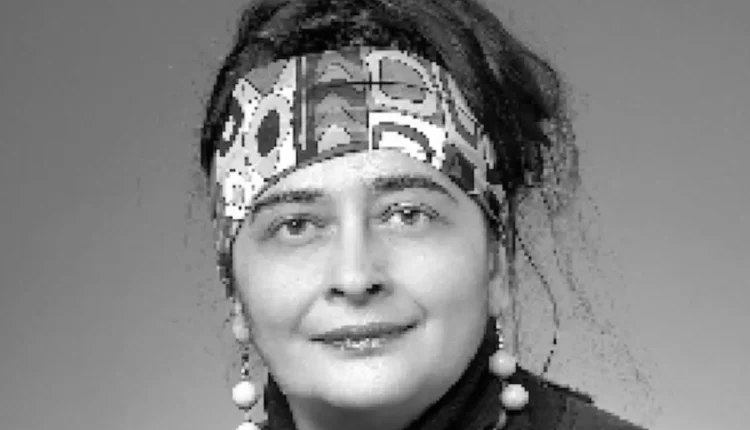Yasmin Ladha, born in 1958, is a Tanzanian-Canadian writer of Indian descent whose body of work offers a profound exploration of the immigrant experience. Her stories delve into the complexities of identity, culture, and belonging, giving a voice to the often-underrepresented narrative of immigrant women. Through her novels and short stories, Ladha brings to life the struggles, hopes, and triumphs of individuals navigating the confluence of different worlds.
The Early Life of Yasmin Ladha: A Bridge Between Continents
Born in Mwanza, Tanganyika (now Tanzania), Yasmin Ladha grew up in an Indian Muslim family surrounded by the cultural and geographical diversity of Africa. Her early life in Africa, combined with frequent visits to India, gave her a unique perspective on diaspora life—a theme that would later permeate her literary works. This cross-continental upbringing gave Ladha a deep understanding of the intricate relationship between culture, migration, and identity, which she weaves into her storytelling.
At the age of 20, Yasmin Ladha embarked on a new chapter of her life by emigrating to Canada. Her academic journey led her to the University of Calgary, where she earned both a Bachelor’s and a Master’s degree in English. For her MA thesis, she chose an innovative approach, crafting a collection titled Circum the Gesture, which played with various genres to present the immigrant woman as a modern-day nomad.
A Voice for the Immigrant Experience
Yasmin Ladha’s creative vision centers on amplifying the voices of immigrant women, and her first collection of stories, Lion’s Granddaughter and Other Stories (1992), became a landmark in her literary career. The book, a finalist in the Howard O’Hagan Award for Short Fiction, explored themes of displacement, identity, and cultural transition, all from a deeply female perspective.
Ladha’s use of the term “readerji” in addressing her readers signals an intimate connection with her audience, drawing them into the world of her characters, while also underscoring the duality of their cultural existence.
In her second collection, Women Dancing on Rooftops: Bring Your Belly Close By (1997), written while she lived in Chonbuk, South Korea, Ladha continued her exploration of diaspora life, adding layers of personal experience from her own journey through different countries. This work, rich with imagery and metaphor, portrays the vibrant yet often painful complexities of navigating multiple cultural identities.
Innovating with New Perspectives
Yasmin Ladha’s works stand out not only for their compelling themes but also for their innovative narrative techniques. In her 2010 novel Blue Sunflower Startle, she presents the city of Calgary through the imagination of an immigrant woman. Calgary becomes personified as a lover, actively seeking the protagonist. This metaphorical exploration of place and belonging transforms the cityscape into an emotional and intellectual playground, where the immigrant’s experience becomes a dialogue with both the self and the environment.
Ladha’s literary journey isn’t limited to one place or one voice. Her work resonates across borders, and this fluidity is evident in the diversity of settings and characters she portrays. Her collaboration with Sukita in Country Drive (2017) brings yet another dimension to her storytelling, merging her love for words with Sukita’s art, and exploring the subtle nuances of life in rural India.
A Multidisciplinary Talent
Beyond her writing, Yasmin Ladha has worn many hats throughout her life. She has taught at the Alberta College of Art and Design, where her engagement with young, creative minds has further informed her literary voice. She has also worked in Muscat, Oman, adding yet another layer to her understanding of cross-cultural connections.
In 1995, Ladha served as the Guest Editor for Rungh Magazine’s “Food Issue,” where her thoughtful editorial direction helped highlight how food, memory, and culture intersect within the immigrant experience. Additionally, her involvement with the film and video issue, where she reviewed Mississippi Masala, demonstrates her deep connection to media and how visual storytelling can also contribute to the narrative of diaspora life.
Also Read:Josef Philip Winkler: A Journey of Political Leadership and Catholic Commitment

